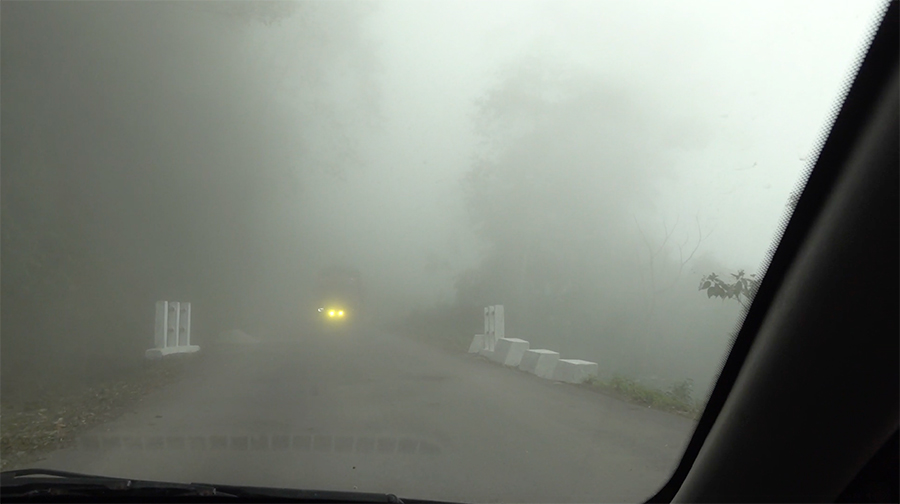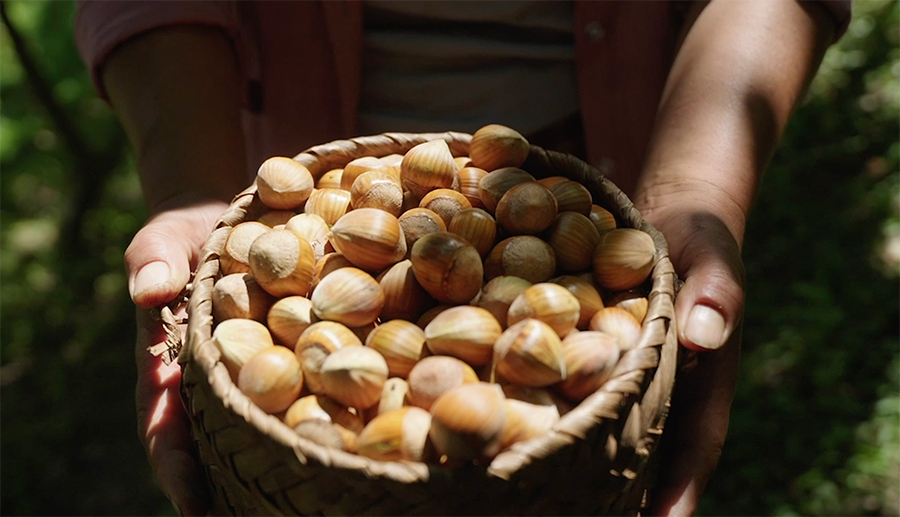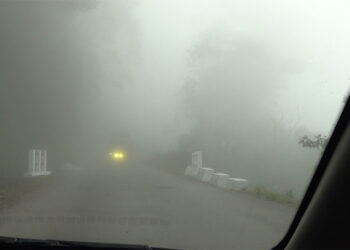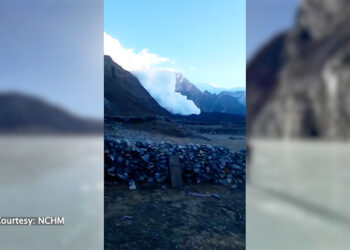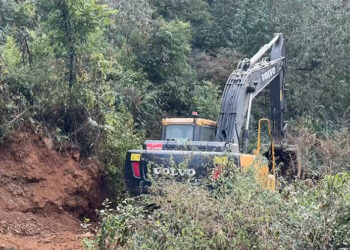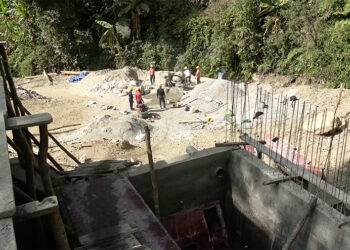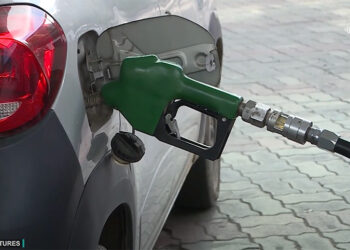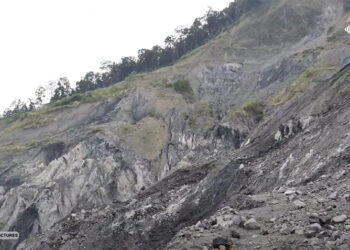Recent Stories
Long-awaited road to Tumdra Ami Ney starts construction, project lacks enough budget
Some good news for pilgrims visiting the Passa Tumdra Ami Ney in Chhukha. The sacred site, increasingly popular among both...
Hazelnut production doubles in 2024, growers rewarded
Hazelnut production in the country has doubled to over 10 metric tonnes last year compared to 2023. In recognition of...
GMC to include Bitcoin and other digital assets in strategic reserves
Gelephu Mindfulness City, GMC, has announced plans to adopt digital assets such as Bitcoin, Ethereum, and Binance Coin in its...
Dagana’s Narikhachhu irrigation scheme renovation to boost paddy production
Farmers from Thomgang and Akhochen chiwogs in Khebisa Gewog, Dagana, can look forward to a reliable irrigation water supply for...
Inflation drops to 2 per cent in 2024 – RMA
The Royal Monetary Authority's 2024 annual report reveals that inflation in Bhutan has dropped to one of its lowest levels...
The Supreme Court has delivered judgments for 14 out of 15 civil and commercial appeal cases involving Phajo Nidup.
The Supreme Court has delivered judgments for 14 out of 15 civil and commercial appeal cases involving Phajo Nidup. The...
Politics
RCSC defends PME category, proposes targeted support for civil servants
The Royal Civil Service Commission (RCSC) indicated that it is exploring alternative support measures for civil servants classified under the...
Popular
Recent News
Youth embrace Dung and Jaling crafting skills for income in Pema Gatshel
While many youths from the region have moved to urban areas in search of better job opportunities, a few young people have chosen to stay back in Pema Gatshel. Among them is a group of youth dedicated to making Dung and Jaling, which have long been a primary source of income for the local community. 20-year-old Dupden Wangdi is from...
Shorter MDR-TB treatment proving effective
With the rise in Multi-Drug-Resistant Tuberculosis or MDR-TB cases, the health ministry has been implementing the latest interventions. A shorter regimen with fewer side effects for MDR-TB started in June last year. So far, 18 people have been treated under the new regimen at the Gidakom Hospital in Thimphu. A regimen is a prescribed course of medical treatment. According to...
Fuel imports continue to rise
In 2023, Bhutan imported 210 million litres or 1.3 million barrels of petrol and diesel. This is according to the Environmental Accounts Statistics, 2024. Diesel imports rose by 43 per cent from 2022, while petrol imports hit a 52 per cent increase. The report reflects a surge in vehicles and industrial activities, potentially straining Bhutan’s foreign reserves and widening the...
Bhutan’s known coal reserves exhausted – Environmental Accounts Statistics 2024 report
Bhutan has exhausted its known coal reserves, according to the Environmental Accounts Statistics 2024 report. Coal extraction peaked at 190,000 tonnes in 2018 and 2019. However, the figure dropped to 70,000 tonnes by 2020. By 2023, no reserves remained. The report notes that while future studies may uncover new sources of coal, there are currently no additional reserves available for...
Recent News
- Commuters demand road safety measures on foggy Samtse-Phuentsholing highway
- Mindfulness winter camp in Gelephu promotes holistic health and well-being
- Land investment opportunities boost Gelephu Tshechu attendance
- NCHM monitoring Lunana glacial lakes after Tibet earthquake triggers massive avalanche near Thanza village
- Bhutan Cricket Council introduces player grading and contract system
News Category
- Accidents
- Agriculture
- Announcement
- Business
- Crime/Legal
- Culture
- Development
- Disaster
- Economy
- Education
- Entertainment
- Environment
- Featured
- Festival
- GMC
- Headlines
- Health
- Legal
- Literature
- Livestock
- Media
- Other Stories
- Politics
- RCSC
- Recent stories
- Religion
- Sci/Tech
- Social
- Sports
- Technology
- Tourism
- Uncategorized
- Video
- Video Story
- Wildlife
© 2024 BBSCL. All rights reserved.

